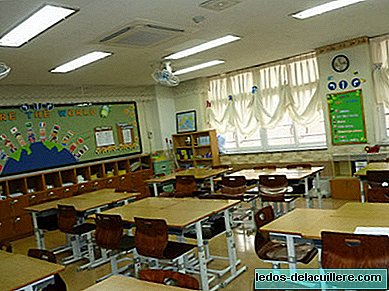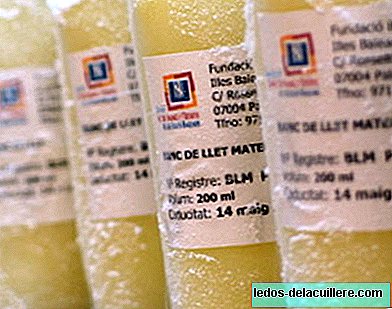
Andreas Schleicher states that external assessments (such as PISA tests) improve student attitudes, as well as their performance, by allowing early detection of problems. I am clear that these tests can be used to know the level of knowledge and skills of different groups of students (and compare it with others), but the detection of problems (and especially if they are individual) It's another thing, it's something that tends to get lost in the tangle of results, statistics, etc..
But I am not going to focus on this now, because Schleicher - who is the Deputy Director of Education of the OECD, and coordinator of the PISA report - has told us these days that in his opinion, the system of ranking of centers that will be established by the LOMCE, can be harmful for schools. These 'rankings' will consist of scores awarded to educational centers based on the results they obtain, so that externally they will grant a certain image based on numerical valuations. This image will not offer information that many parents might be interested in, such as the educational project, quality or improvement plans, the direction of the management with the AMPA, the offer of complementary activities, etc.
In other words, they will have a relative interest based on the supposed efficiency (students with a lot of educational level) but ignoring useful aspects that for parents like us (we pursue more the consolidation of the processes than the report card, and interestingly that facilitates that our children are good students), they would be very interesting.
As I said, in the opinion of Mr. Schleicher (who has appeared as an expert in the Congress of Deputies), 'it must be guaranteed that the rankings of centers are fair', this would be achieved with a good design and proper implementation. The design must take into account that the socio-economic contexts of the schools are different from each other.
The autonomy of the centers was also present in the speech of Andreas Schleicher. The expert considers that in Spain schools have little scope in the evaluation of the educational curriculum, and little influence on the work of teachers.
But the LOMCE does provide for greater autonomy, both from the point of view of human resources management, as well as material and financial, with the objective of promoting and promoting quality in them.
However, one thing is the declaration of intent, and another the real possibilities of autonomy (which could lead to large differences with the balance inclined in favor of centers and students 'more privileged' socioeconomically), because although the expert says that in Spain much money is invested in Education, the reality is that this sector so important for the future of children is continually suffering resources.












